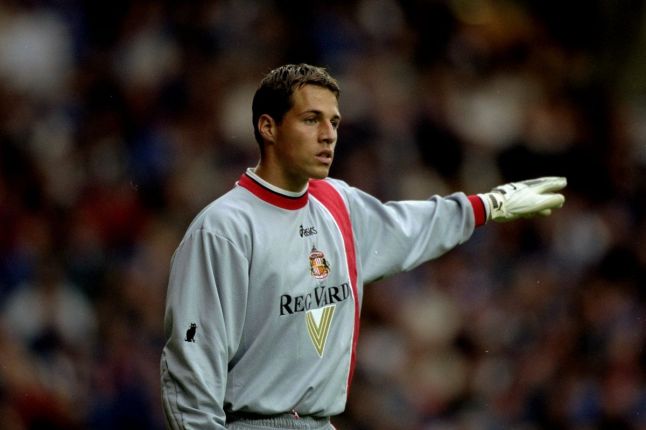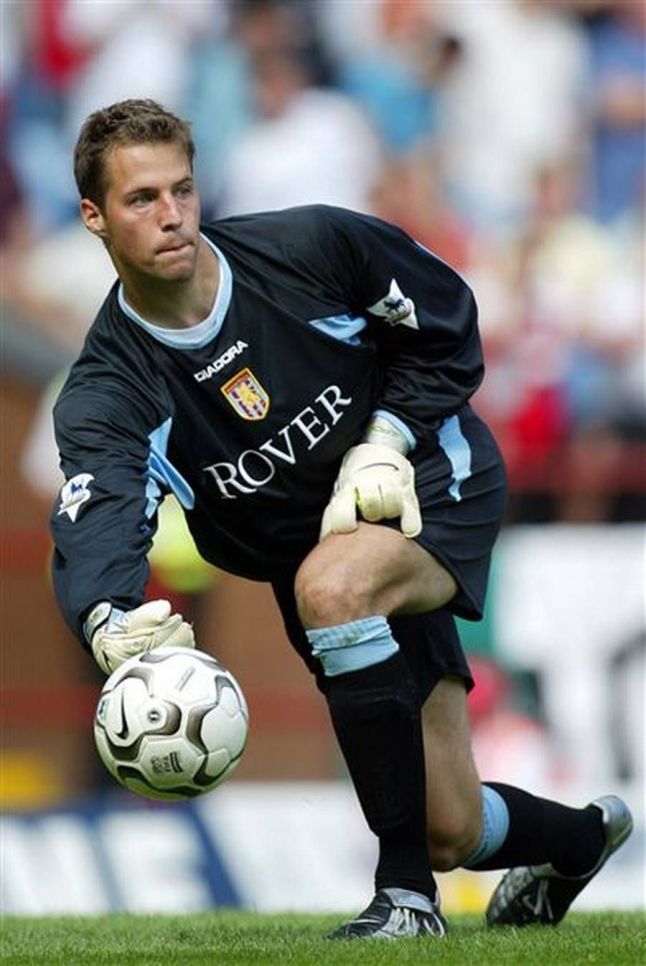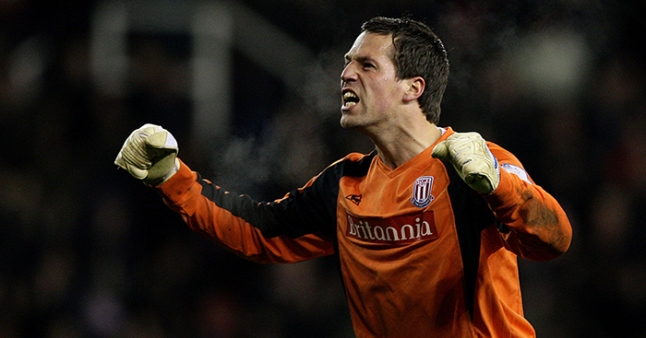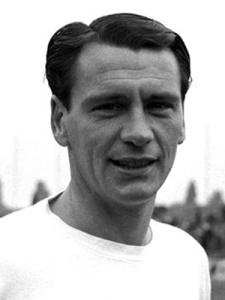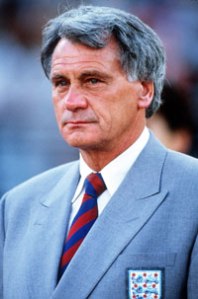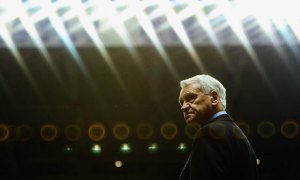Nicky Summerbee comes from a long line of professional footballers and just like his dad, Mike, will be loving how Manchester City are getting on at the moment.
The midfielder now does a lot of radio work and is regularly a pundit for Manchester City games and will be forever liked by those at the club as his dad is a cult hero there.
Summerbee didn’t have the easiest starts to his career and had trials at clubs like Manchester United, Leicester City and Norwich City before finally convincing Swindon Town that he was good enough. After signing for them in 1989 he would go on to make 112 league appearances for the club, scoring six goals and being an important member of the squad that got promoted to the Premier League in 1993.
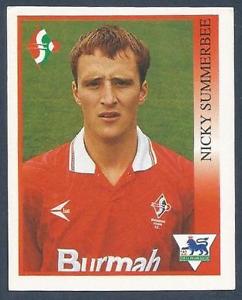
His form convinced Manchester City to pay £1.3 million for his services and he proudly followed in his father’s footsteps. In his first season at the club they were struggling and even with Alan Ball replacing Brian Horton as manager nothing could change their fortunes. Unfortunately this ended in the club getting relegated from the Premier League and led to rumours of Summerbee leaving the club. In the summer of 1997 it looked as though he would be moving on after a trial with French side Bordeaux, however a move never materialised.
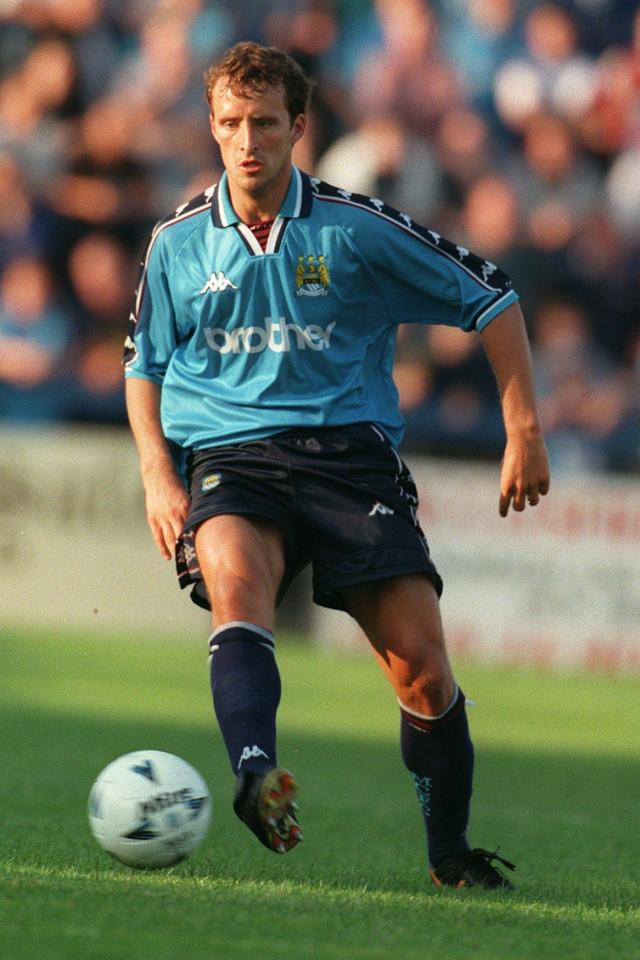
After 131 games for City, Summerbee did leave for Sunderland in November 1997. He made an instant impact on his debut against Portsmouth by scoring the final goal in a 4-1 win after coming on as a substitute. He continued his good form and was a regular in the side as he once again helped his side gain promotion from Division One and into the Premier League.
However, injuries and some argue things in his personal life contributed to him not having as much of an impact as he would have liked in the next few seasons for Sunderland. Summerbee was left in the wilderness by manager Peter Reid as the club began to thrive and an incident in a reserve match against Newcastle United put an end to his career at Sunderland.
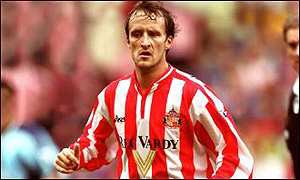
Upon leaving Sunderland, he joined Bolton Wanderers, however this only lasted nine games, with him managing to score one goal against Crystal Palace. But he struggled to settle and more short term spells at Leicester City and Nottingham Forest followed. He finally found a place to call home again when he joined Bradford City in 2003.
He stayed with the club for two and a half years but towards the end his playing time was becoming limited and he had loan spells at Swindon Town and Tranmere Rovers. His final move was to Tamworth where he played four league games before retiring.
The final word can go to former Swindon Town manager Andy King. “I spoke about players performing well. Nicky Summerbee gave us much greater shape, and put some good balls into the box. The shape was the key thing.”







